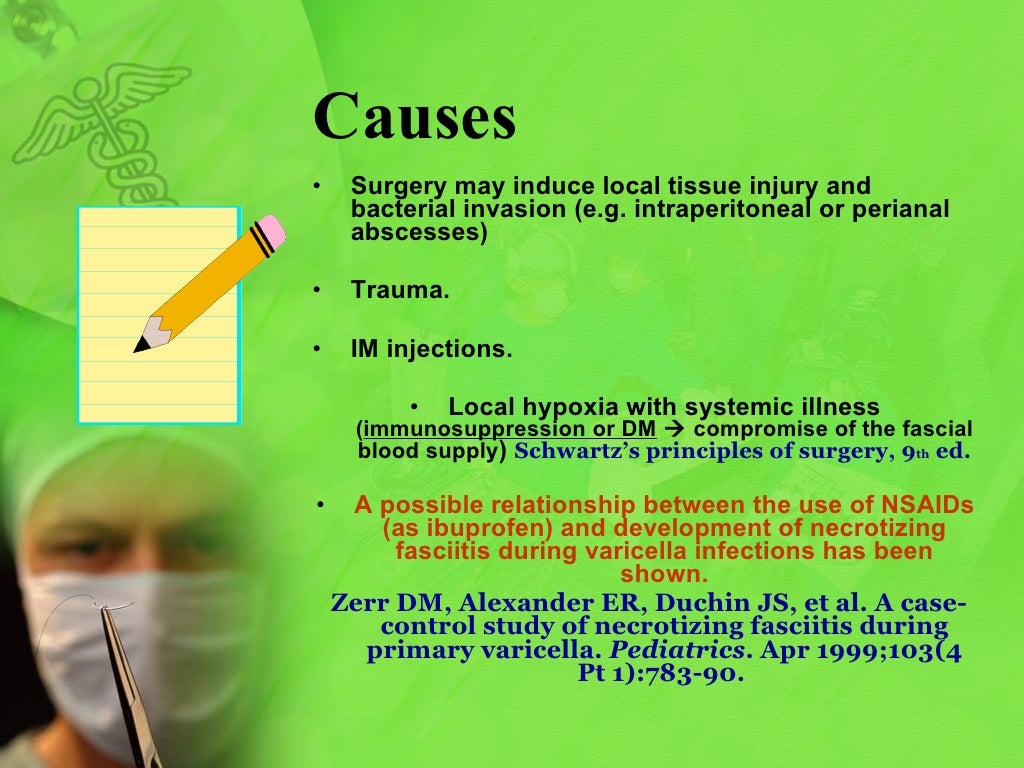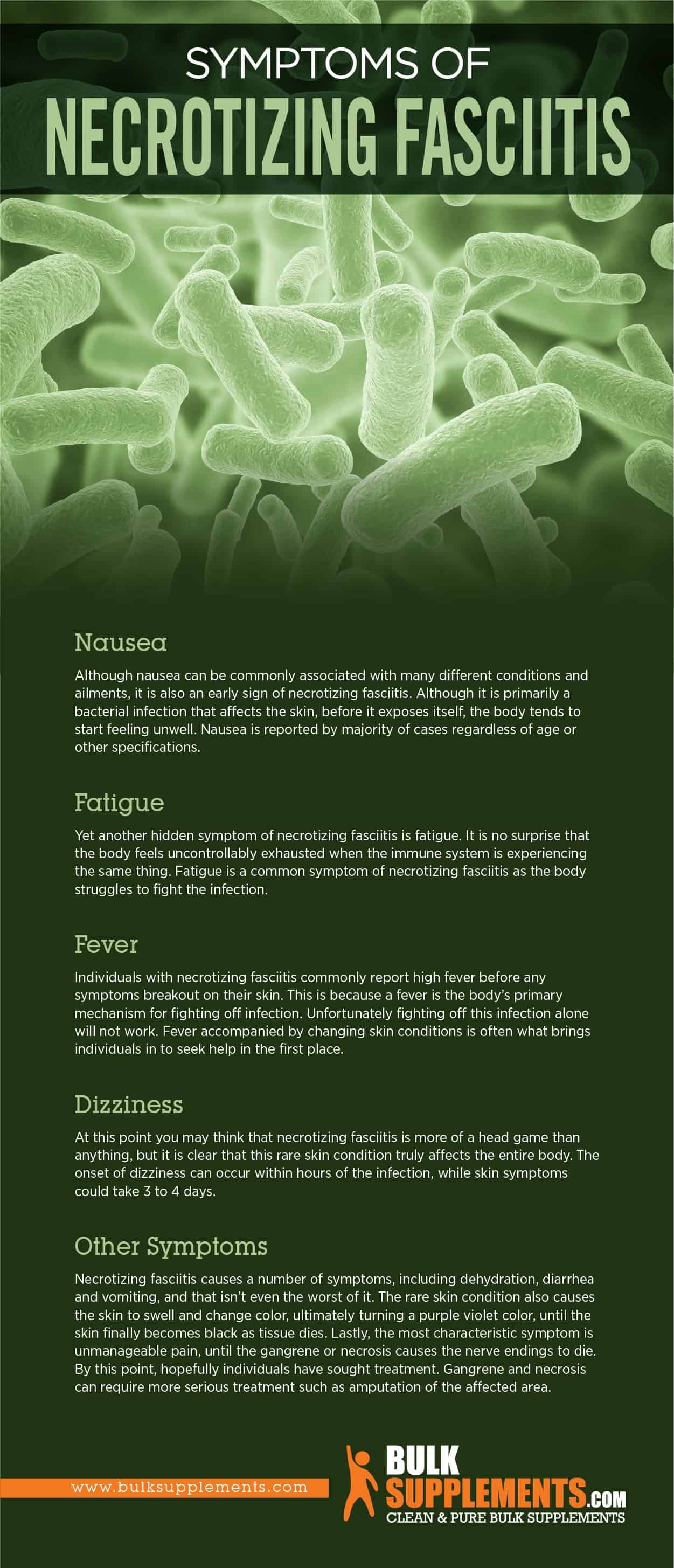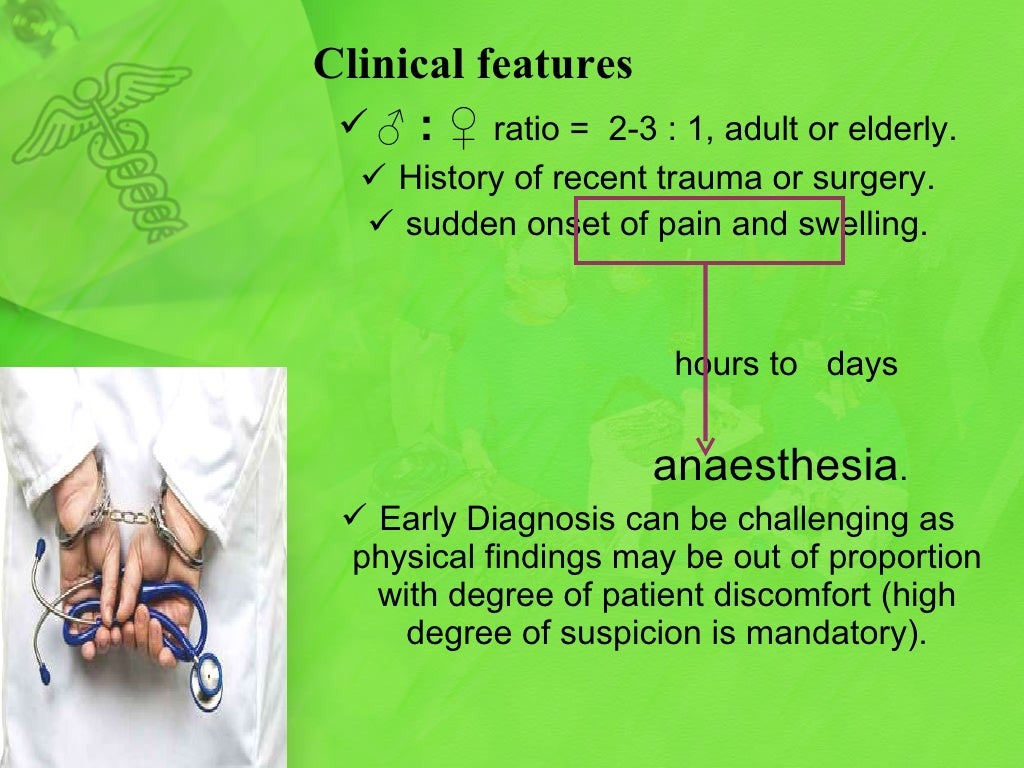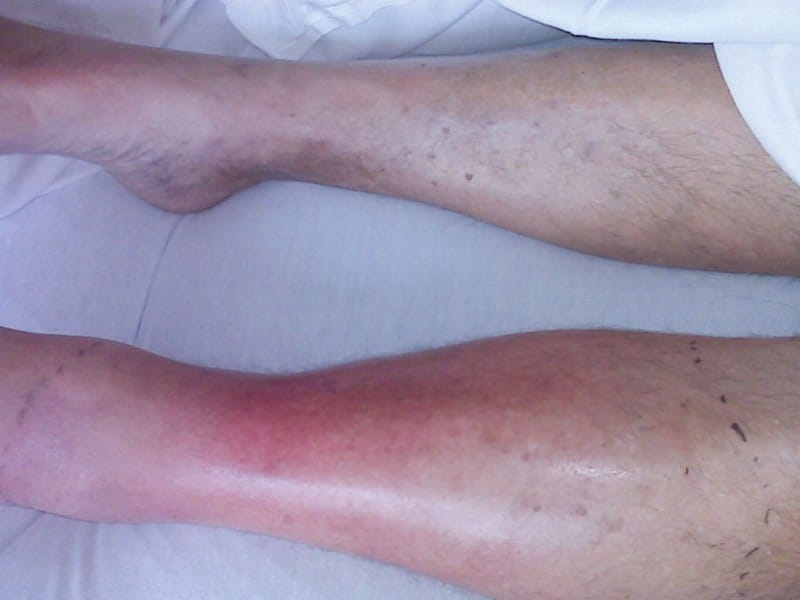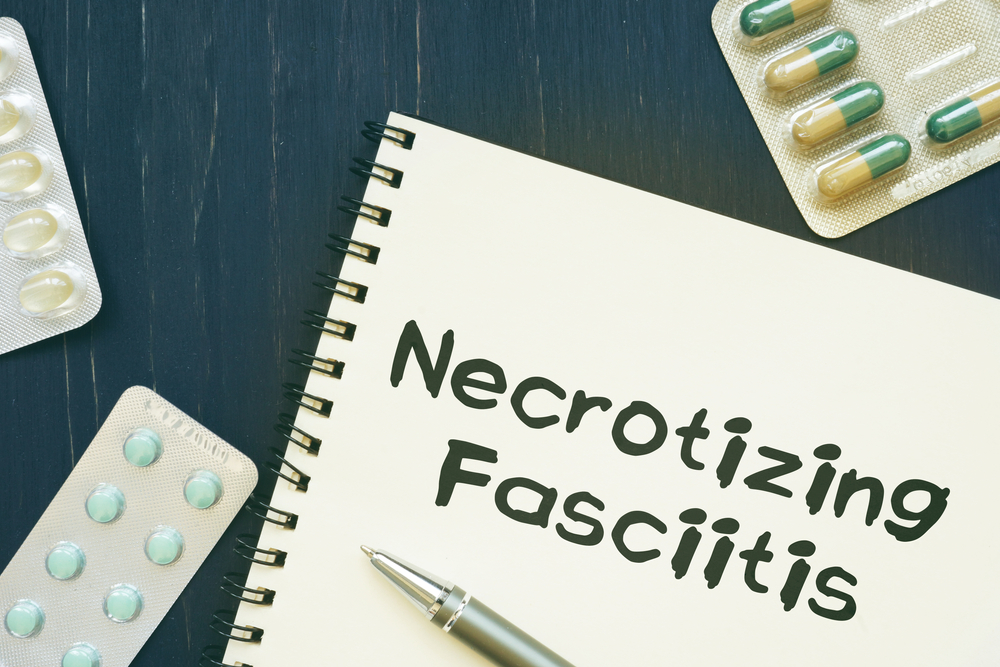Inspirating Tips About How To Treat Necrotizing Fasciitis

Complications from necrotizing fasciitis are serious.
How to treat necrotizing fasciitis. Doctors treat necrotizing fasciitis with iv antibiotics. Possible regimens include a combination of penicillin g and an aminoglycoside (if renal function permits), as well as clindamycin (to cover streptococci,. If not treated promptly, it has high morbidity and.
Antibiotics to try to stop the infection, doctors give antibiotics through an iv, which allows medicine to flow into a vein. Treatments outlook prevention what is necrotizing fasciitis? Sometimes amputation of affected limbs is needed.
Risk factors for necrotizing fasciitis include: The most common site of infection is the lower leg. How is necrotizing fasciitis treated?
The word necrotizing refers to something that causes body tissue to die. Donald vinh says it could turn into the type of illness known as strep throat. Yet for others, the bacteria can lead to invasive infections, including necrotizing fasciitis and streptococcal toxic shock syndrome, he says.
Necrotizing fasciitis is a subset of aggressive skin and soft tissue infections (sstis) that cause necrosis of the muscle fascia and subcutaneous tissues. Necrotizing fasciitis (nf) is a rare infection that means “decaying infection of the fascia,” which is the soft tissue that is part of the connective tissue system that runs throughout the body. It can occur anywhere on the body, but most commonly at the perineum (36%), lower extremities (15.2%), postoperative wounds (14.7%), as well as in the abdomen, oral cavity, and neck.
Computed tomography or ultrasonography can be helpful, but definitive diagnosis is attained by exploratory surgery at the infected sites. Background necrotising fasciitis (nf) is a rare soft tissue infection, primarily involving the superficial fascia and resulting in extensive undermining of the surrounding tissues. It can destroy the tissue in your skin and muscles as well as subcutaneous.
Necrotizing fasciitis is a type of soft tissue infection. Doctors treat necrotizing fasciitis with iv antibiotics. Quick intervention is needed to control necrotizing fasciitis.
Vinh says it's not clear why there is suchwide. Antibiotic therapy is a key consideration. Surgery is also required to remove dead tissue.
You’ll require exploratory surgery to confirm the diagnosis of necrotizing fasciitis. Necrotising fasciitis may also affect upper limb, perineum, buttocks, trunk, head and neck. Type ii necrotizing fasciitis, known as hemolytic streptococcal gangrene, is characterized by the isolation of s.
People with necrotizing fasciitis need prompt treatment the first line of defense against this disease is strong antibiotics given through a needle into a vein (iv antibiotics). 2 necrotising fasciitis spreads rapidly with little muscle sparing 3 and often leads to sepsis. Pain is often very severe at presentation and worsens over time.


